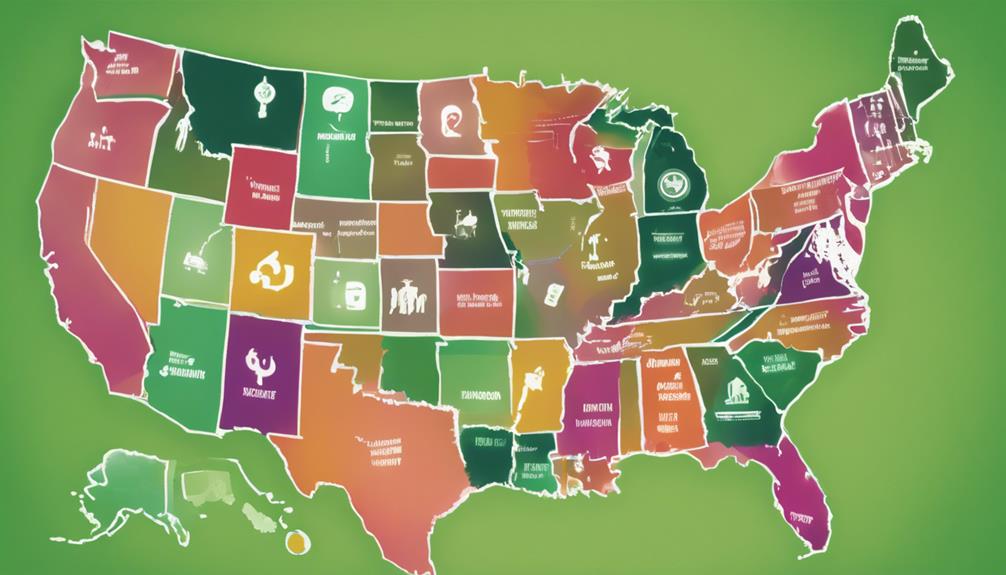In today’s rapidly evolving healthcare landscape, understanding CDPAS (Consumer-Directed Personal Assistance Services) is crucial for patients, caregivers, and healthcare providers alike. This detailed guide will explore what CDPAS is, its significance, how it works, and the benefits it offers to individuals requiring personal assistance services.
What is CDPAS?
CDPAS stands for Consumer-Directed Personal Assistance Services, a model of care that empowers individuals with disabilities or chronic illnesses to take control over their personal assistance services. Unlike traditional home health care, where providers dictate the care plan, CDPAS allows consumers to hire, train, and supervise their personal assistants. This model emphasizes the consumer’s autonomy and choice, fostering a sense of independence and dignity in their daily lives.
The Importance of CDPAS in Modern Healthcare
In recent years, the importance of CDPAS has grown, particularly as the population ages and the demand for personalized healthcare increases. With traditional models often falling short in addressing individual needs, CDPAS provides a more adaptable solution. This flexibility is particularly beneficial for those with unique personal care requirements, as it allows consumers to select assistants who are not only skilled but also culturally competent and aligned with their personal preferences.
How CDPAS Works: A Step-by-Step Overview
Understanding how CDPAS functions is essential for both consumers and providers. The process typically begins with an assessment of the individual’s needs, often facilitated by a healthcare professional. Once the needs are identified, consumers can begin recruiting personal assistants, which can include family members or friends. After hiring, the consumer is responsible for training the assistant on specific tasks, ensuring that care is tailored to their preferences. Lastly, consumers manage the scheduling and payment of services, which can often be covered by Medicaid or other funding sources.
Benefits of CDPAS for Consumers
The benefits of CDPAS are manifold. Primarily, it offers consumers increased control over their care, allowing them to make decisions that best suit their lifestyles. This model can lead to improved mental and emotional well-being, as individuals feel empowered and connected to their caregivers. Additionally, CDPAS often results in more personalized care, as personal assistants can develop a deeper understanding of the consumer’s needs and preferences over time. This tailored approach can also contribute to better health outcomes, making CDPAS a compelling option for many.
Challenges and Considerations of CDPAS
While CDPAS offers numerous advantages, it is not without its challenges. One of the primary concerns is the responsibility placed on consumers to manage their personal assistants, which can be overwhelming for some. Additionally, finding qualified assistants who are a good fit can be difficult, and the process of hiring and training can be time-consuming. It’s also essential to ensure that proper training is provided to personal assistants to maintain safety and quality care. Therefore, consumers must weigh these challenges against the benefits when considering CDPAS.
Funding and Eligibility for CDPAS
Eligibility for CDPAS typically depends on the individual’s specific circumstances and the state in which they reside. Most often, CDPAS is funded through Medicaid, which has specific guidelines that must be met. This may involve demonstrating a need for assistance with daily living activities, such as bathing, dressing, or meal preparation. Understanding the funding options available is crucial for consumers, as it can significantly impact their ability to access CDPAS. It is advisable to consult with a healthcare professional or a local Medicaid office for detailed information regarding eligibility and funding processes.
CDPAS vs. Traditional Home Health Care: A Comparative Analysis
When comparing CDPAS with traditional home health care, several key differences emerge. Traditional home health care is typically more structured and may involve registered nurses or therapists providing care. In contrast, CDPAS emphasizes consumer control and flexibility, allowing individuals to tailor their care to their specific needs. While traditional models may provide a higher level of clinical care, CDPAS fosters a more personal relationship between consumers and their assistants, often leading to greater satisfaction. Ultimately, the choice between these options will depend on the individual’s unique circumstances and preferences.
Conclusion: Embracing CDPAS for a Better Quality of Life
In conclusion, CDPAS represents a significant shift in how personal assistance services are delivered, prioritizing consumer choice and control. By understanding what CDPAS entails, its benefits, challenges, and funding options, individuals can make informed decisions about their care. As the healthcare landscape continues to evolve, embracing models like CDPAS can lead to improved quality of life for many individuals requiring personal assistance. Whether you are a consumer, caregiver, or healthcare provider, understanding CDPAS is essential for navigating the complexities of modern healthcare effectively.
By following the guidelines in this comprehensive CDPAS guide, you can gain a deeper understanding of how to leverage these services to enhance your or your loved one’s quality of life. As the demand for personalized care continues to grow, being informed about CDPAS will be invaluable in making the best choices for those in need of assistance.Medical Supplement
